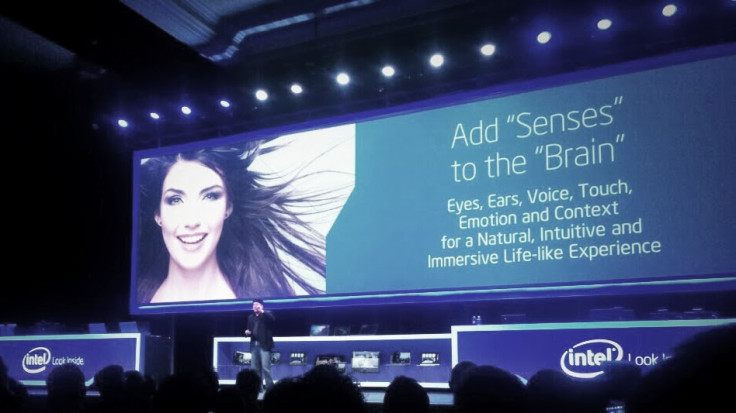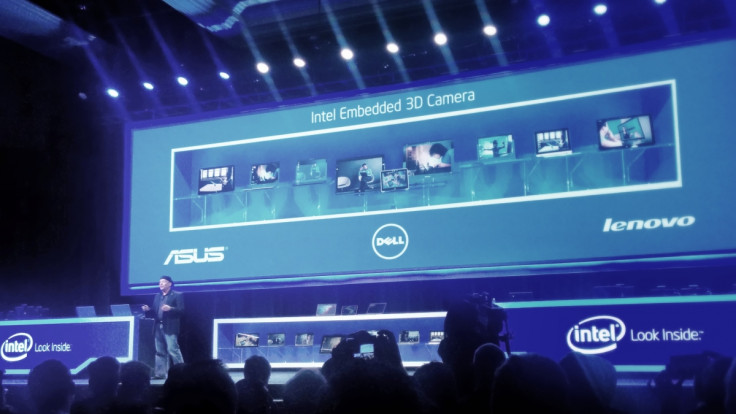Intel Working on Removing the Fiction from Science Fiction

At some point in the next 12 years, the number of transistors on the chips powering our computers, tablet and smartphones will surpass the number of neurons in our brain (100 billion in case you were wondering).
This is according to Moore's Law and Mooly Eden, Intel's enigmatic head of perceptual computing, who spoke at CES 2014 about the need to make computing more natural, immersive and intuitive.
"We will finally remove the fiction from the science fiction," he boldly claimed.
"We will finally remove the fiction from the science fiction."
Of course simply having more transistors on a chip than neurons firing in your brain, doesn't mean a computer will be capable of the type of 'thinking' or thought processes our brains carry out on a continuous basis.
Chips already work many, many times faster than our brains yet are unable to replicate human thought or emotion. More transistors alone is simply not the answer.
Natural, intuitive and immersive
What Intel is trying to do, is to develop software and hardware products which take advantage of the power available today to make computing more natural, intuitive and immersive.
"It has got to be intuitive and immersive - blur the border between the real world and the virtual world," Eden said.
To make this a reality, Intel has created the RealSense brand, under which Intel will work to develop these products and work with third-party manufacturers to integrate them in the devices we use every day.
Embedded 3D camera
The first product to be released under the RealSense brand is a 3D camera which will bring the ability to see depth just like the human eye to PCs, laptops and tablets.

The camera module is the world's first "and smallest" integrated 3D depth and 2D camera module, which is thinner and shorter than a Las Vegas gambling chip, meaning it can be easily built into sleek PCs, tablets and Ultrabooks.
"For decades, people have had to learn new languages, techniques and commands to get our devices to do what we want," Eden said. "Our vision with Intel RealSense technology is to reverse that, and make our devices learn and understand us."
Strained
In a number of demonstrations on stage at CES, Intel showed how the camera technology could be used to do hands-free navigation around the your PC interface, play games, and even make music.
Eden also announced a partnership with Skype where users can change the background on the fly during a video call using the 3D camera.
However the demos were all a little strained and each use case has been done better by others, though Intel's demonstrations will serve mainly as a showcase of the potential in this technology, hoping that other manufacturers will take it forward and develop it.
Voice
But gestures are not the only way of interacting with a PC that Intel is developing. In the last five years we have seen touch become the default way we interact with our digital world, starting with the smartphone revolution though to tablets and now laptops and PCs too.
But touch is not a natural way of interacting according to
Eden, because when we communicate in the real world, we do not touch each other all the time.
Voice is natural says Eden, and to that end the next product to be released under the RealSense brand will be Nuance's Dragon Assistant, which has been designed for Intel's RealSense technology and will be available to be integrated into a wide range of products.
© Copyright IBTimes 2024. All rights reserved.







